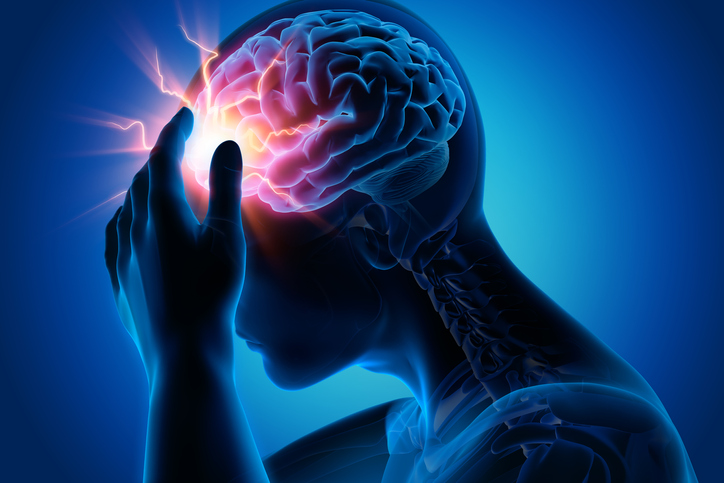Diseases

Migrain
Migraine is a neurological condition characterized by recurrent, severe headaches often accompanied by other symptoms such as nausea, vomiting, sensitivity to light, and sensitivity to sound. Migraines can significantly impact a person's quality of life. Ayurveda offers holistic approaches to managing migraines by addressing underlying imbalances and providing relief from symptoms. Here's how Ayurveda views and manages migraines:
1. **Dosha Imbalance:** Ayurveda believes that migraines can be related to dosha imbalances, particularly Pitta and Vata:
- **Pitta Imbalance:** Excess Pitta dosha, characterized by qualities of heat, intensity, and inflammation, is often associated with migraines. Emotional stress and dietary factors can exacerbate Pitta.
- **Vata Imbalance:** Vata dosha, when aggravated, can lead to nervous system instability, contributing to migraine symptoms.
2. **Dietary Modifications:** Ayurvedic dietary recommendations for migraines aim to balance the doshas and reduce triggers:
- **Pitta-Pacifying Diet:** Favor cooling, hydrating foods such as cucumbers, mint, and coriander. Avoid or minimize spicy, fried, and acidic foods, as well as caffeine and alcohol.
- **Regular Meal Times:** Eat regular, balanced meals to prevent blood sugar fluctuations, which can trigger migraines.
- **Hydration:** Stay well-hydrated with room-temperature water to prevent dehydration, a common migraine trigger.
3. **Herbal Remedies:** Ayurveda offers various herbal remedies to manage migraine symptoms and balance doshas:
- **Shatavari (Asparagus racemosus):** Known for its cooling and calming properties, it can help reduce Pitta.
- **Brahmi (Bacopa monnieri):** Supports the nervous system and can help alleviate stress-related migraines.
- **Triphala:** A combination of three fruits with cleansing properties that can help detoxify the body.
4. **Nasya (Nasal Application):** Nasya therapy involves applying medicated oils or ghee to the nasal passages. It can help soothe the nervous system and alleviate migraine symptoms.
5. **Lifestyle Modifications:** Ayurveda emphasizes the importance of a balanced daily routine (dinacharya) and adequate sleep to support overall health and reduce stress.
6. **Stress Management:** Stress is a common migraine trigger. Ayurveda recommends stress-reduction practices such as yoga, meditation, and pranayama (breathing exercises).
7. **Regular Exercise:** Engaging in regular, gentle physical activity can improve circulation, reduce stress, and promote overall well-being.
8. **Identify Triggers:** Keep a migraine diary to identify and avoid triggers specific to your condition. Common triggers include certain foods, hormonal changes, stress, and lack of sleep.
9. **Consultation:** It's essential to consult with an Ayurvedic practitioner for personalized recommendations, especially if you have chronic or severe migraines. They can assess your dosha constitution and provide specific guidance tailored to your needs. Ayurveda aims to address the root causes of migraines and promote long-term relief and well-being.
